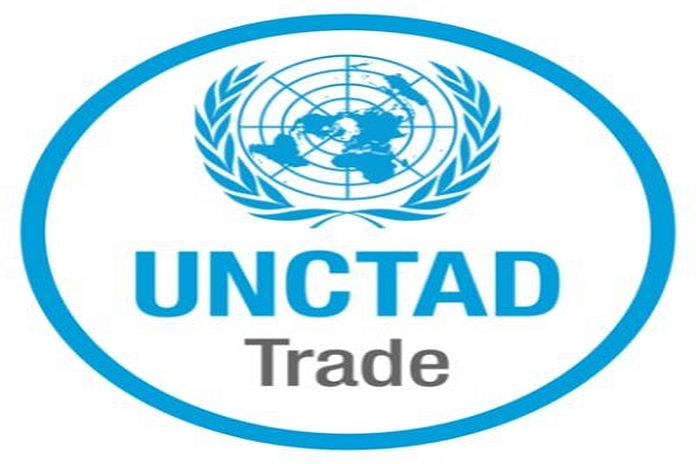Dear Member of the World Investment Network
UNCTAD has just released a new edition of its Investment Policy Monitor. This Monitor reviews some of the main incentives and disincentives to clean energy investment, expanding on the analysis presented in the World Investment Report 2023: Investing in sustainable energy for all (WIR23), and drawing from the insights and the discussion at UNCTAD’s 8th World Investment Forum (WIF), which took place in Abu Dhabi from 16 to 20 October 2023.
Key findings include:
- Successful energy transition necessitates significant investment in renewable energy projects, the phased decommissioning of fossil fuel assets and the promotion of cleaner power generation solutions. At the WIF, global stakeholders emphasized the need to redirect net-zero finance toward developing economies.
- Existing policy frameworks aimed at promoting investment in the energy transition are notably inadequate, especially in poorer nations. Around the world, two-thirds of countries have adopted renewable energy policies. However, only half of the Least Developed Countries (LDCs) and one-third of Small Island Developing States (SIDS) have done so. While developed and emerging economies have integrated private investment promotion mechanisms into over 70 percent of their renewable energy policies, the same holds true for only 24 percent of policies in LDCs and 17 percent of those in SIDS.
- While most developed economies use targeted investment promotion policies, many developing countries use generic tax incentives – applicable to investment in any industry – that do not address the specificities of energy investment projects. In recent times, auctions and tenders for renewable energy projects have gained traction across all country groups.
- The value of fossil fuel subsidies has reached a staggering $1 trillion, far surpassing support for renewable energy. Gradually phasing out these subsidies, although complex for many countries, would incentivize investments in renewables.
- Policies to encourage the phased retirement of fossil fuel infrastructure are also needed, as emphasized during the WIF. However, thermal power plants will continue to play a role in ensuring energy security for many countries in the years to come. To curb their environmental impact, broader adoption of technologies such as carbon capture, utilization and storage, cofiring, and low-carbon fuels is key. At present, policies and initiatives to promote investment in such technologies are predominantly confined to developed countries and large emerging economies.
Best regards,
James X. Zhan
Director, Investment and Enterprise
Lead, World Investment Report





